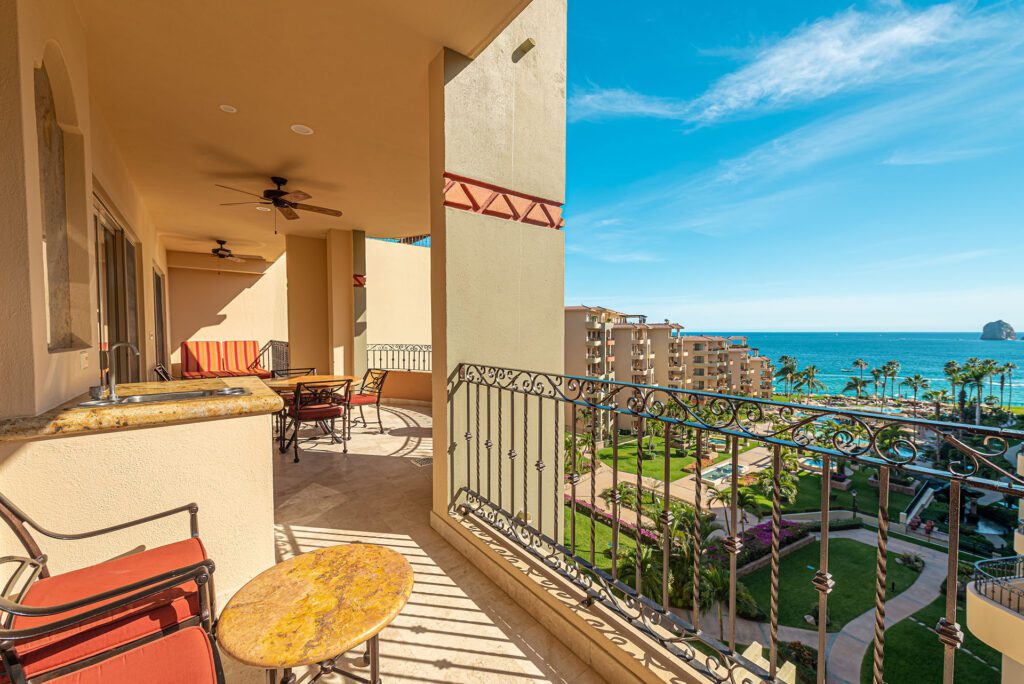By Janet Jensen – resources Jonathan A. Pikoff, Esq.
Yes, a foreigner may purchase in Mexico.
The regulations on the sale of real property to foreigners are found in the Mexican Foreign Investment Law. A foreigner can acquire land almost anywhere in Mexico with the permission of the Foreign Affairs Ministry. The exception in the Foreign Investment Law is foreigners may not acquire directly real property in the “restricted zone” as described by the Secretaría de Relaciones Exteriores (Secretary of Foreign Affairs)
The restricted zone is the strip of land 100 km from the border and 50 km from the beach. If a foreigner wishes to acquire land in the restricted zone, they may enter into a trust agreement with a Mexican bank. Baja California Sur is in the restricted zone.
A Mexican company with foreign investment, even 100% foreign investment, may acquire fee simple title through an escritura, in the restricted zone as long as it is not used for residential purposes. If the property is considered to be solely residential, the company must use a trust.
The regulations of the Mexican Foreign Investment Law state residential real estate is real estate specifically to be used as a dwelling by the owner. The law provides a list of examples of real estate which seems residential, however, it is not considered as such by the law. According to the law, non-residential real estate includes, however, is not limited to:
- Time Share;
- Real estate intended for both industrial, commercial, or tourist use and residential use;
- Real estate acquired by credit institutions in payment of debts;
- Real estate bought by companies to be developed and sold. This would include apartments and residential communities; and
- Generally, any real estate to be used for commercial, industrial, or agricultural purposes, as well as, ranching, fishing, forestry, or to provide services.
The Regulations make clear this list is incomplete and any questions of whether an activity is residential should be sent to the Foreign Affairs Ministry – this is where a good legal representative comes in.

PROPERTY ACQUISITION WITH BANK TRUST
A foreigner may not hold fee simple title to any land in the restricted zone. To purchase land in the restricted zone, a trust is necessary where a Mexican trustee bank holds title to the land while a foreign beneficiary has the right to use, enjoy, or even sell the land, and receive the proceeds. There are two principal steps to forming a trust: obtaining the trust permits and entering into the trust agreement.
To obtain a trust permit from the Secretary of Foreign Affairs (SRE), the parties must supply personal data, proof of title, and a description of the intended use for the property. The buyer must additionally agree to be considered as a Mexican with regard to his or her rights. This agreement is known as the “Calvo clause.”
There is an annual payment the buyer must make to the trustee bank. The standard rate banks charge for a trust is approximately USD $300 – $1,000 per year. Trusts can be created for up to 50 years and may be renewed in perpetuity.
With the trust permit, the parties are ready to proceed to the transfer of title before the Mexican notary public. The notary needs various documents to transfer the title, including:
- The previous title documents for the property;
- A certificate of no tax liability. This certificate is used to prove there are no outstanding property taxes nor other assessments on the property at the time of the agreement;
- A certificate of no encumbrances. The certificate of no encumbrance shows there are no liens on the property; this could be from a Home Owners association such as Cabo del Sol if the property is located in a master-planned community
- An appraisal of the property. The commercial value of the property is used to compute property and other taxes.
THE NOTARY
Before a buyer can actually acquire real estate, they will go before a notary. It is important to understand the role of the notary in the Mexican legal system.
Different than American or Canadian notary publics, Mexican notaries are licensed, attorneys. Notaries are also specially licensed by the state to ensure the law is followed in certain transactions. They are held accountable for transactions in which they are involved and can be held liable for any irregularities in the documents. The notary is considered an appointed prestigious position.
While the notary is a lawyer, it is not their job to advise the parties to a deal on any legal options they may have. As long as a document presented possesses all the legal formalities, it will be notarized and recorded. Notaries charge based upon an agreed table which varies according to the price of the property, their fee can be in the thousands of dollars. Should a buyer not be able to be at a closing in person, a power of attorney may be appointed.
ACQUISITION PROCESS
Most real estate transactions have at least three steps:
The first step is the Offer – this can be in the form of an ‘Offer to Purchase’, ‘Reservation Agreement’ or ‘Letter of Intent]’.
The second step in purchasing property may be the Promise to Purchase. The promise is a legally binding expression of the will of the parties to make a contract in the future. Admittedly, “promise” may not be the correct choice of words as this is a valid agreement. This contract is especially convenient in the case of a foreigner who wishes to buy a real property through a trust and may be waiting for the final trust paperwork.
At the time of the Promise or Offer to Purchase, a deposit from the buyer to remove the property from the market is required. This is usually between 10% and 40% of the purchase price of the property. We recommend the use of escrow for the buyer’s protection there are great options with TLA Escrow or Global Escrow and Title.
The third step is closing the transaction. The title to the property is transferred by the ‘Promise to Purchase Agreement’ or ‘Offer to Purchaser’. The Promise to Purchase contract must be in writing and recorded in the local Public Registry of Property. To record this agreement, the parties must go before a Mexican notary public. The Offer to Purchase defines the closing process – many transactions, especially in the resale market, start the closing directly to a Fideiecomiso or Escritura.
The notary withholds a number of fees and taxes. In addition to the notary fee, the notary withholds the income tax generated from the sale of the property, which is either a percentage of the gain or a percentage of the sales price of the property. Certain costs are most commonly borne by one party or another. Customarily the buyer pays all transaction expenses, except the income tax owed by the seller. A ballpark idea on closing costs for the buyer can be around 3.5% – 8% of the purchase price.
During the due diligence period, a real estate agent will recommend a property inspection, inventories, surveys, and or zoning. We are here to help with any questions or concerns on the path to purchasing your Los Cabos dream property.
Janet Jensen
+52.624.141.6726
janet@theagencyloscabos.com
More posts from Janet
[pt_view id=”69561f5rb3″]





